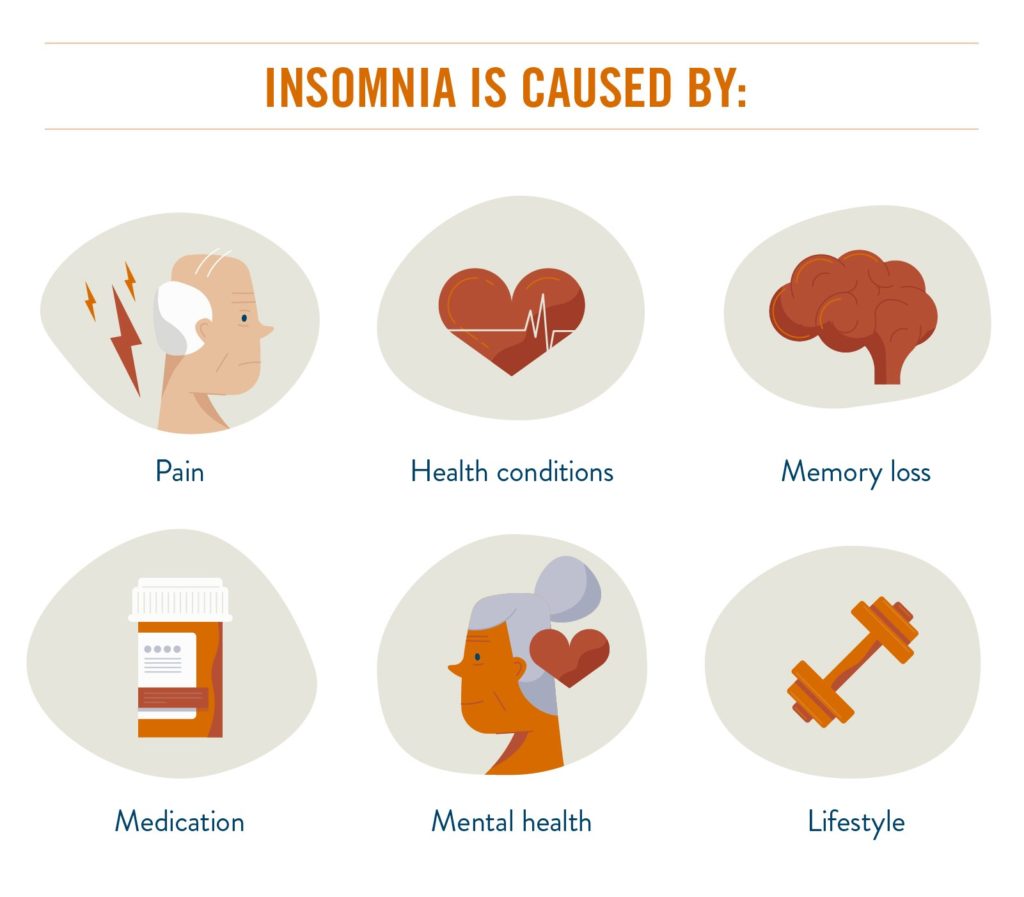

Most Australians experience insomnia at some point in their lives, and. Melatonin for kids: Is it effective? Is it safe? Insomnia is a sleep disorder in which people are unable to fall asleep or stay asleep.wake up from several hours of sleep not feeling refreshed. Bedtime difficulties, sleep anxiety, short. If you live with insomnia, you may: find it difficult to fall asleep, stay asleep, or both. Difficulties with sleep in children and adolescents can be a precursor or early symptom of anxiety and/or depression.

Medications for sleep disturbance in children and adolescents with depression: a survey of Canadian child and adolescent psychiatrists. Insomnia refers to a type of sleep disorder.

Lauren Hale and Stanford Guan (2014) Screen Time and Sleep among School-Aged Children and Adolescents: A Systematic Literature Review.(2019) Cognitive Behavioral Therapy for Insomnia (CBT-i) in School-Aged Children and Adolescents. Limit screen time and social media use in children at least an hour before bedtime (9). They also increase the chances that youll. For example, go outside during recess and lunch rather than play video games inside. In addition to all the social variables weve discussed, genetic factors play a role in the development of insomnia. Screen time may keep their mind excited, making it difficult for them to relax. Expose yourself to bright light early in the morning and afternoon. Avoid screen time: Ensure your child does not have screen time, such as watching cartoons, before bedtime.Try relaxation techniques: You may encourage your child to follow a relaxation routine, such as meditation and breathing exercises, before bedtime.Maintain the right room environment: Make sure to maintain cool temperatures, minimum sound disturbances, and proper darkness (also promotes healthy melatonin levels) to create a suitable sleep environment.You may read about the number of daily hours of sleep needed by a child for their age here. Therefore, integrate napping in the child’s sleep routine. Have adequate hours of sleep: The total hours of sleep in a day (24 hours) include naps.Hence, having a fixed sleep routine may solve most sleep problems. Set up a routine and sleep hygiene: Children mostly have sleep problems due to a disturbed sleep pattern.Related: Sleep Talking In Children: Causes, Treatment, And Remedies Tips To Cope With Insomnia In ChildrenĬhildren’s sleep issues can often be manageable at home by following a few simple strategies (5) (8).


 0 kommentar(er)
0 kommentar(er)
